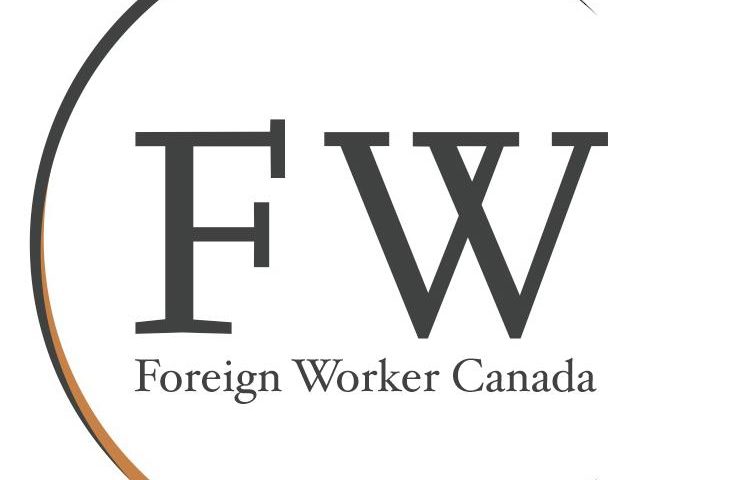The journey to Canadian citizenship can begin at birth or through the process of naturalization, each offering a distinct set of rights and responsibilities. These include the ability to secure a Canadian passport, the freedom to live and work within Canada’s borders, the flexibility to reside abroad without losing your status, and the democratic privilege of voting and running for public office.
Generally, birth within Canada’s boundaries grants automatic citizenship. However, for those born outside Canada, eligibility hinges on parental ties. Recent legislative updates in 2009 and 2015 have broadened this scope, extending citizenship to the first generation born overseas if at least one parent was a Canadian citizen at the time of their birth. However, it’s important to note that proposed changes under Bill C-71 aim to significantly alter these rules.
Specifically, Bill C-71, currently under consideration, proposes to:
- Repeal the first-generation limit: This would remove the restriction that currently limits citizenship by descent to only the first generation born outside Canada.
- Introduce a “substantial connection” requirement: To balance the expansion of eligibility, the proposed amendments would require the Canadian parent to have lived in Canada for a specified period, generally at least three years (1095 days) prior to the child’s birth or adoption.
- Address situations involving “Lost Canadians”: The bill seeks to rectify cases where individuals lost or were unable to obtain Canadian citizenship due to past legislative limitations.
- Change citizenship rules regarding international adoptions: The bill aims to modify the rules concerning adoptions of foreign-born individuals by Canadian citizens.
It is critical to emphasize that these are proposed changes. Until Bill C-71 is passed into law, the current rules remain in effect. Consulting with an immigration expert is highly recommended to clarify your individual situation. For those eligible under current or future rules, a Citizenship Certificate serves as official proof of your status, opening doors to family sponsorship for spouses and minor children.
Naturalization, the process of becoming a citizen after residing in Canada, requires meeting specific criteria. Applicants must have held permanent resident status and physically lived in Canada for a minimum of 1,095 days within the preceding five years. Importantly, time spent living abroad with a Canadian spouse or working for a Canadian company does not fulfill this residency requirement, even if it maintains your permanent resident status. Additionally, applicants must demonstrate proficiency in either English or French and pass a knowledge test covering Canadian history, civics, and economy. Successful applicants are then invited to a citizenship ceremony to take the oath of allegiance.
Canada’s policy does not mandate renunciation of existing citizenship upon acquiring Canadian status. However, it’s crucial to understand that your country of origin may have its own rules regarding dual citizenship. For U.S. citizens, acquiring Canadian citizenship typically does not result in automatic loss of U.S. citizenship unless a formal renunciation is intended. It’s strongly advised that U.S. citizens seeking Canadian citizenship consult with legal professionals to navigate potential impacts on their U.S. citizenship and tax obligations.
Our firm is dedicated to providing comprehensive support throughout your citizenship journey. We offer expert assistance with application preparation and personalized guidance on the intricate aspects of acquiring or relinquishing U.S. or Canadian citizenship, ensuring you’re well-informed and prepared for every step.


